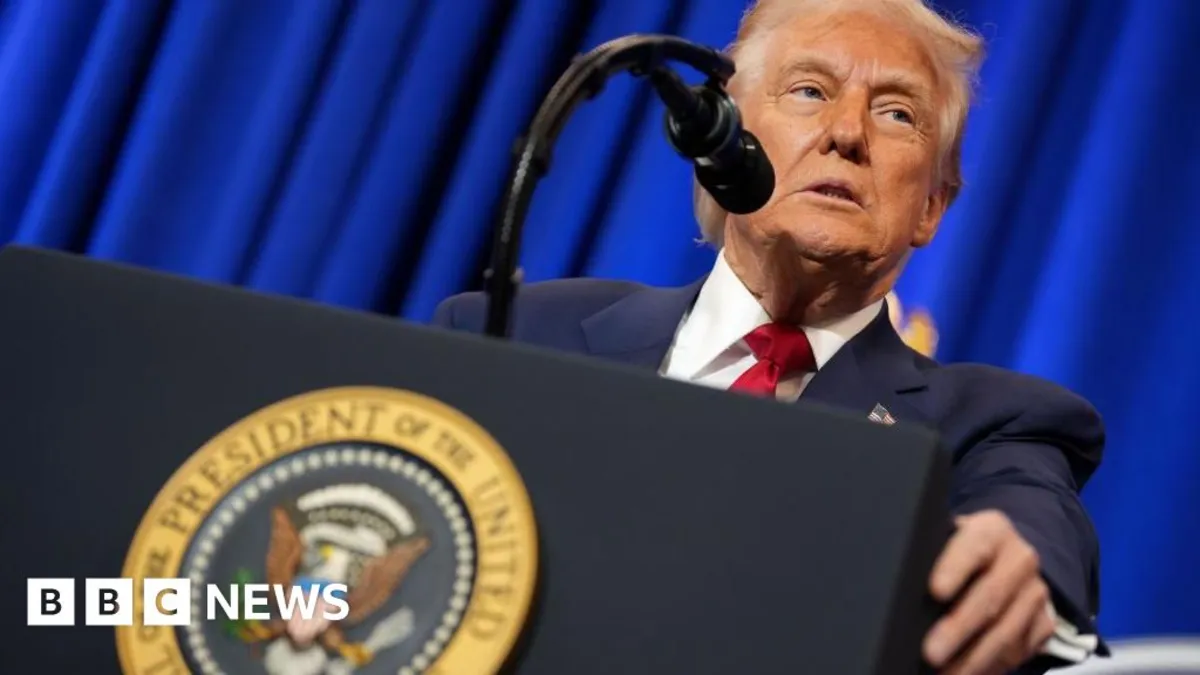
A plane carrying over 200 Venezuelans who were deported by the United States has landed in El Salvador, raising eyebrows due to its timing, which seemingly defied a federal judge's order. This incident occurred amidst ongoing tensions surrounding immigration policies and the handling of gang members within the U.S. judicial system.
The flight, which arrived on Sunday morning, included 238 individuals associated with the Venezuelan gang Tren de Aragua, along with 23 members of the notorious Mexican gang MS-13. El Salvador's President, Nayib Bukele, took to social media to announce the arrival, emphasizing the significance of these deportees in the context of national security.
This event unfolded just hours after a federal judge, James Boasberg, issued a ruling that blocked U.S. President Donald Trump from using a centuries-old wartime law to justify the deportations. The judge's order specifically targeted the invocation of the Alien Enemies Act of 1798, which permits the government to detain and deport individuals deemed a threat to national safety without due process.
In response to the court ruling, President Bukele humorously remarked on social media, "Oopsie... Too late," indicating that the deportations had already taken place despite the legal intervention. This comment reflects the complexities and challenges surrounding the enforcement of immigration laws in both the U.S. and El Salvador.
Upon arrival, the detainees were swiftly transferred to El Salvador's Terrorism Confinement Center for a duration of one year, with the possibility of renewal. Bukele pointed out the financial implications of these deportations, stating, "The United States will pay a very low fee for them, but a high one for us," highlighting the strain that such policies can place on Salvadoran resources.
U.S. Secretary of State Marco Rubio confirmed the arrival of the alleged gang members in El Salvador and expressed gratitude towards Bukele, labeling him the "strongest security leader in our region." This statement underscores the regional implications of U.S. immigration policies and their impact on Central American nations.
A video shared by Bukele on social media depicted deportees being escorted from the plane with their hands and feet shackled, accompanied by armed officials. The footage also showed some individuals being placed into armored vehicles, further illustrating the serious nature of this situation.
In January, President Trump signed an executive order designating both Tren de Aragua and MS-13 as foreign terrorist organizations. This classification has been a pivotal factor in shaping U.S. policies regarding deportations and immigration enforcement, highlighting the ongoing battle against gang violence in Central America.
This incident sheds light on the intricate relationship between U.S. immigration policies, legal rulings, and the challenges faced by countries like El Salvador in managing deportees, particularly those linked to organized crime.